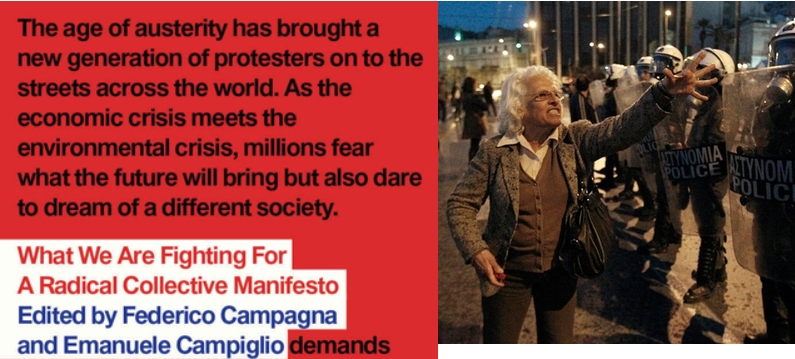
by Shaun Chamberlin | Sep 20, 2012 | All Posts, Cultural stories, Economics, Politics, Reviews and recommendations, TEQs (Tradable Energy Quotas), Transition Movement
Out today from Pluto Press is What We Are Fighting For: A Radical Collective Manifesto – a book to which I was delighted to contribute. My chapter, “The Struggle for Meaning”, wraps up the section on ‘New Economics’ and addresses our...

by Shaun Chamberlin | May 20, 2012 | All Posts, Cultural stories, Economics, Politics, Reviews and recommendations
Off the back of my recent post on Transition Money, this excellent new short film, 97% Owned, explains the privatised, debt-based money system we currently use. The one that allows UK banks to simply create around £200,000,000,000 (£200bn) a year and use it as they...
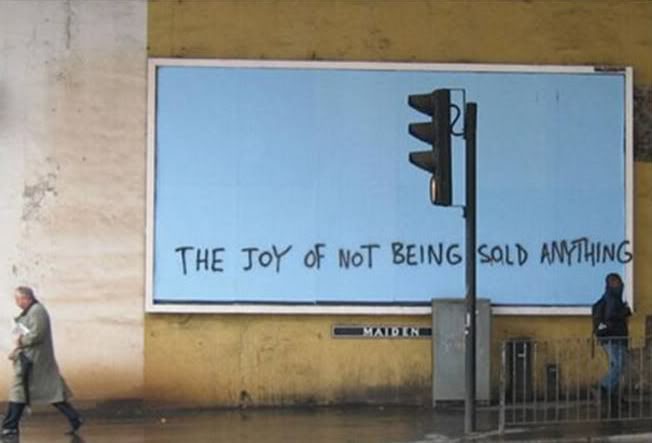
by Shaun Chamberlin | May 17, 2012 | All Posts, Cultural stories, David Fleming, Economics, Favourite posts, Politics, The Transition Timeline, Transition Movement
Last month I was one of forty or so attendees of the Transition ‘Peak Money’ day. It was a fascinating collection of people, from theorists to activists, and a potent opportunity to reflect on the challenges facing us all as the glaring errors at the heart...
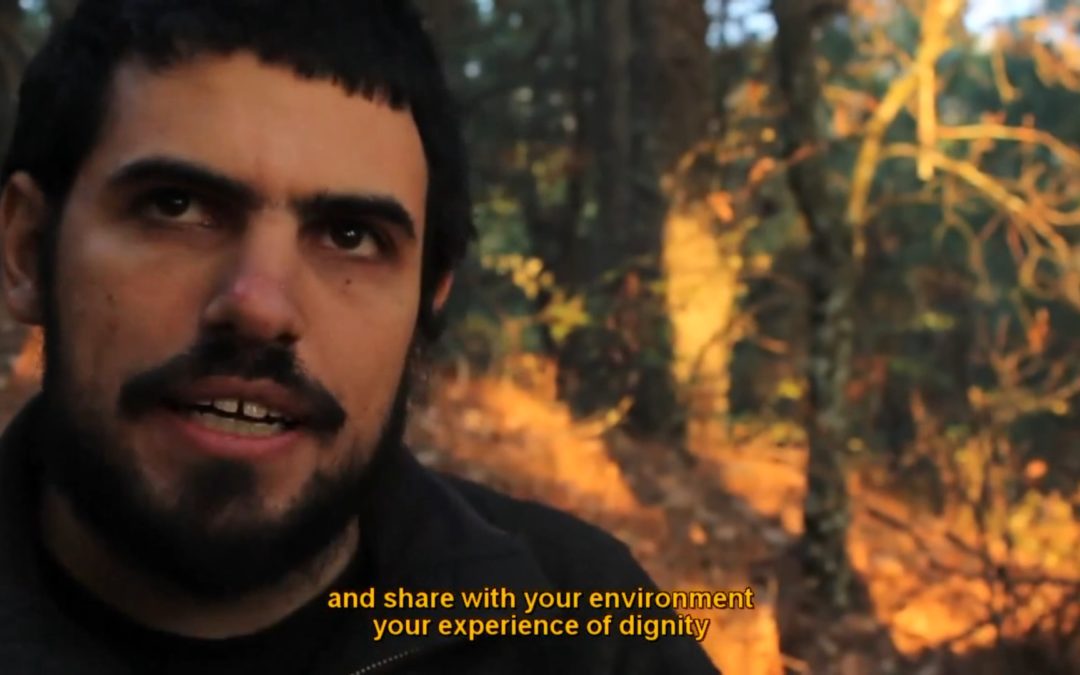
by Shaun Chamberlin | Apr 2, 2012 | All Posts, Cultural stories, Economics, Philosophy, Politics
My hero Enric Duran (AKA Robin Bank) has posted a new video explaining his legal situation and inviting others to join his radical action against the banks. For those who haven’t seen it, I strongly recommend watching his inspiring 2008 video first: ...
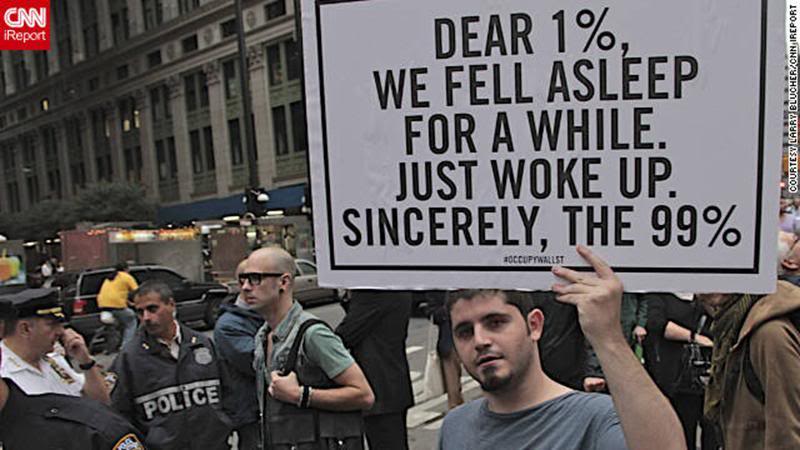
by Shaun Chamberlin | Nov 5, 2011 | All Posts, Climate Change, Cultural stories, Economics, Favourite posts, Peak Oil, Politics, Transition Movement
This post was written for the Transition Network‘s Social Reporting project, and published there on Sunday 13th November. — Having been invited to be this week’s Social Reporting guest editor and introduce the theme of economics, the burgeoning...
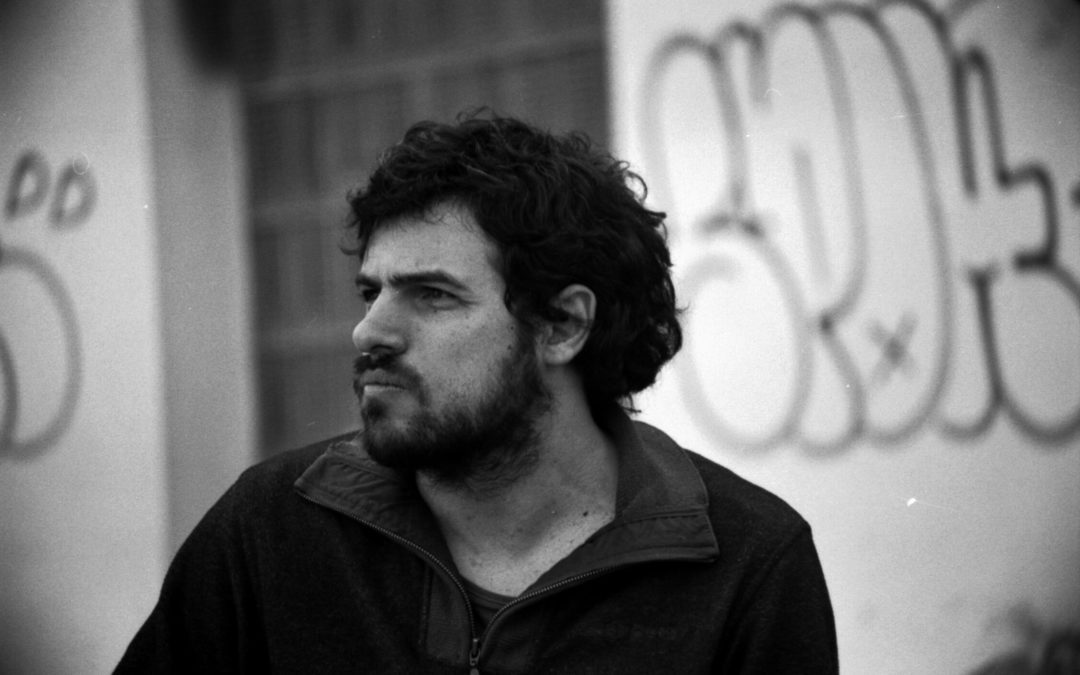
by Shaun Chamberlin | Jul 25, 2011 | All Posts, Cultural stories, Economics, Favourite posts, Politics, Reviews and recommendations
I recently heard an interviewer ask someone who their heroes are, and was struck by the lack of names that came up when I asked myself the same question (although Dr. James Hansen now springs to mind…) But now I think I have one, having discovered the brave story of...








Recent Comments